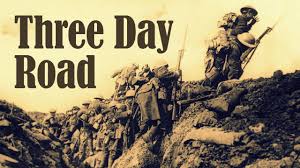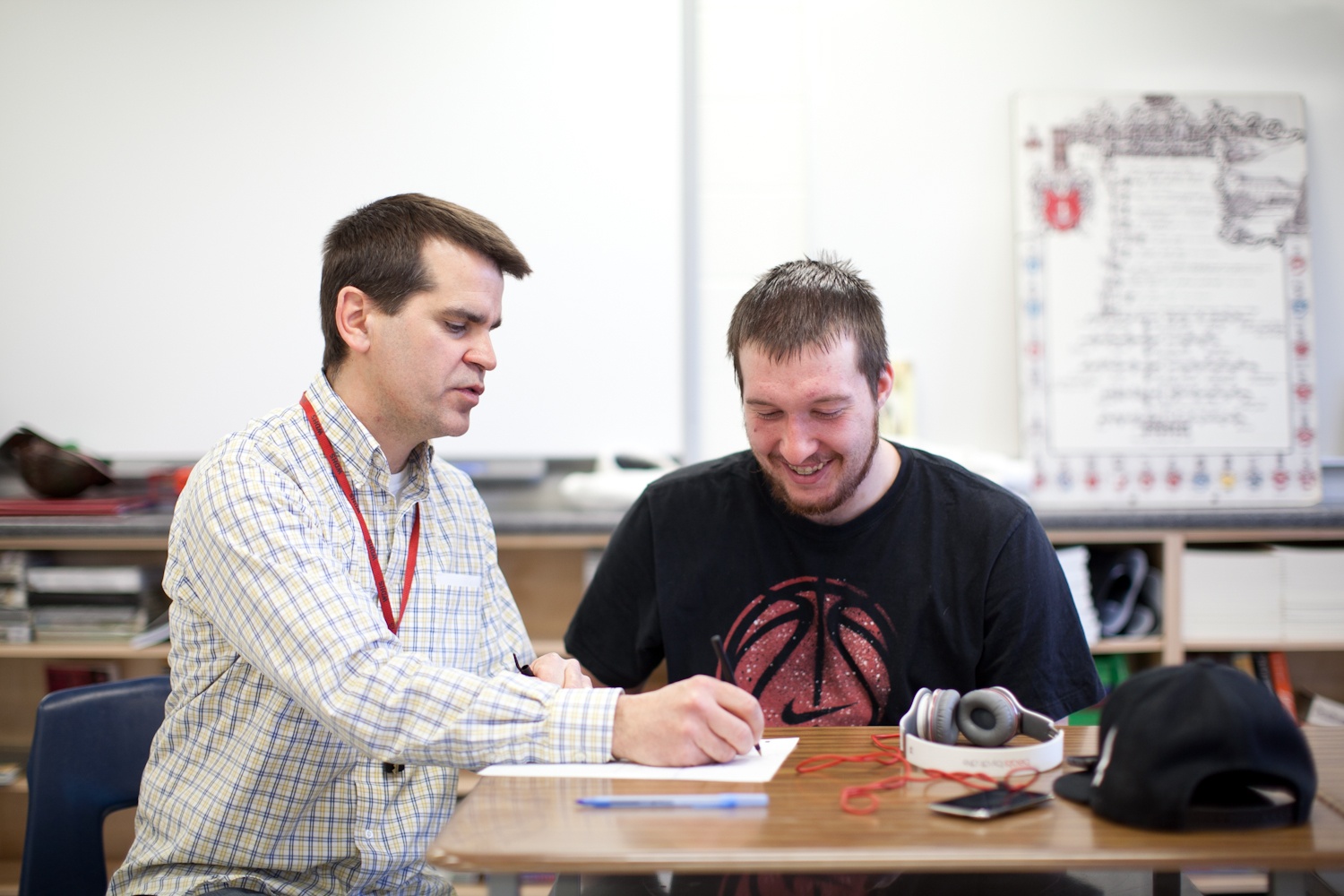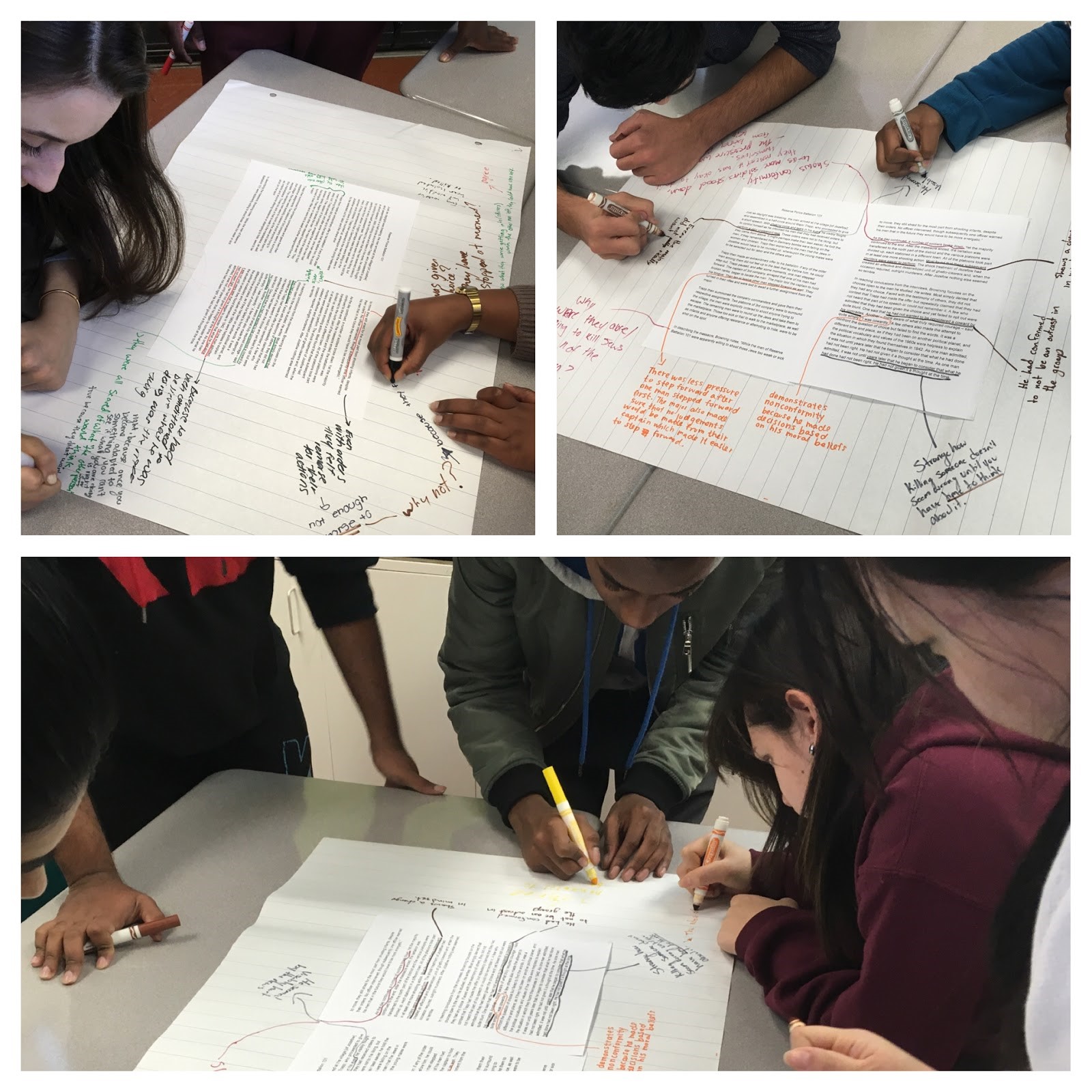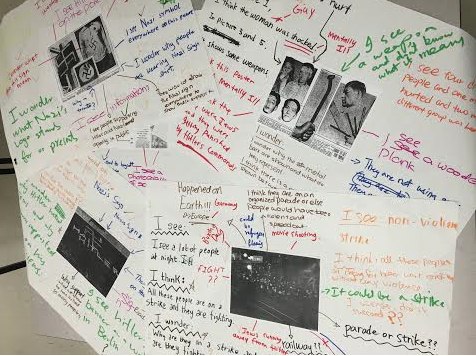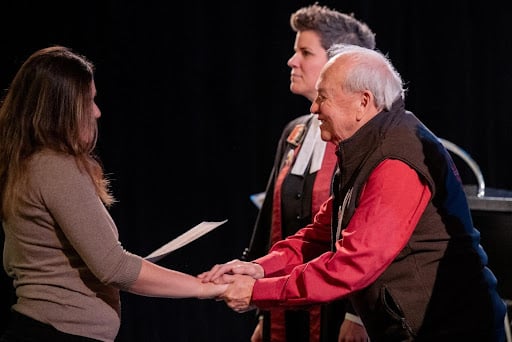
"As Rabbi Jonathan Sacks has written, there is a difference between history and memory: “History is information. Memory, by contrast, is part of identity… Memory is the past as present, as it lives on in me.” Survivors, witnesses, the descendants of those who lived through [histories], and all those who learn about [these histories] today face the question of how to remember the past and how that memory might shape our understanding of ourselves and our present world" (Holocaust and Human Behavior, Facing History and Ourselves, 2017. p. 598).
In his testimony sharing,teaching and life, residential school survivor, and self-described victor, Theodore Fontaine frequently explored how memory lives on in the present: His family’s love, the horrors of residential schooling, the joys of friendship, and the healing power of connection shaped and reshaped his life, his teachings and his works. In so sharing, those who listened became witnesses to his experiences, and many were transformed as a result.
The following interviews build on our event, Learning from Theodore Fontaine: A Call for Lasting Change, and draw on the voices of additional friends and colleagues whose life and work act as living examples of Theodore’s teachings, his legacy and calls to action. We hope that these interviews will prompt deeper learning from Theodore and inspire readers to consider how his testimony and legacies might shape our understanding of ourselves and the choices we make.
To watch his recorded testimony, please check out our blog, Honouring and Remembering Chief Theodore Niizhotay Fontaine.
As you read these interviews:
- What insights do you gain about Theodore’s legacy and his hopes for the future?
- What questions do the interview responses raise for you about yourself or the world around you?
- How do the responses extend or challenge your thinking about the possibilities for living with trauma, hope and healing?
- How are you reflecting on the possibilities for healing, hope and courage after trauma, as you read these reflections?
For Ted, real reconciliation came through everyday acts of generosity and kindness. Our breakfast meetings were often punctuated by Ted recognizing passers-by and stopping them for a quick hello and always a joke... He connected, related, and celebrated their shared existence, and thereby cultivated knowledge and nurtured learning..."
- Andrew Woolford
|
Read More
Topics:
Survivor Testimony,
Canada,
Residential Schools,
Canadian History,
Indigenous History,
Indigenous,
stolen lives,
student activism,
Action
This blog post outlines resources to use throughout Black History Month in February and beyond. This is by no means a comprehensive list (we continue to add to it as we discover new resources), but a list of resources that can be part of a professional and classroom journey that excites us to learn more, unites us in our common humanity and empowers students to champion a more equitable, compassionate, and informed tomorrow. [updated Feb 2026]
Read More
Topics:
Canadian History,
Black History,
Equity in Education,
anti-racism,
Black History Month
This blog post is the first in a multi-part series. Natalie Steele, an educator with Peel District School Board in Ontario, will be sharing additional resources and strategies for your classroom over the next few months on the topics of Black identities, humanizing stories, amplifying missing voices in the curriculum, and correcting the systemic abuses of history in schooling.
High School Students in Class, by Photo by Jeswin Thomas from Pexels
Read More
Topics:
Diversity,
Canadian History,
Black History
This video is the first part in a four part webinar series featuring Jasmine Wong in conversation with Lorrie Gallant.
This series of blog posts explores stories and teachings that Lorrie Gallant shares about the purpose and importance of territorial acknowledgments and treaties. They are based on a recorded webinar from March 18 2020. Lorrie is a writer, illustrator, storyteller, visual artist, educator, Expressive Arts Practitioner, born and raised on Six Nations of the Grand River Territory in Ontario.
These posts and activities have been written for students to explore as part of a virtual learning community.
Read More
Topics:
Identity,
History,
Canadian History,
Indigenous History,
Indigenous,
Grade 10 History,
stolen lives,
Facing Canada,
land acknowledgements,
territorial acknowledgement
This spring, Facing History and Ourselves, in partnership with the Azrieli Foundation Holocaust Survivors Memoir Program, invited 175 students from 6 schools to layer onto their learning about the history and legacies of the Holocaust, or of Canada's Residential Schools by reading Survivor memoir. Students read Theodore Fontaine’s Memoir Broken Circle: The Dark Legacy of Indian Residential Schools, or excerpts of Nate Leipciger’s Memoir The Weight of Freedom, then created pieces that reflected their understanding and responses to these testimonies, which were gifted to each Survivor.
Read More
Topics:
Toronto,
Holocaust,
Memoir,
Facing History and Ourselves,
Survivor Testimony,
Canada,
Residential Schools,
Canadian History,
Student Work,
project,
genocide,
Holocaust and Human Behaviour,
reflection,
Connected Learning,
Grade 10 History,
HSB,
CHC,
difficult conversations,
trc,
stolen lives,
facing history pedagogy,
Azrieli Foundation Memoirs,
Decolonizing Schools,
Holocaust History in Canada,
Facing Canada,
cross curricular teaching and learning,
collaborative inquiry
In my grade 10 Canadian history class, I often used excerpts from Joseph Boyden’s Three Day Road to explore what life was like for soldiers during WWI. In this novel, protagonist Xavier Bird returns to Northern Ontario in 1919 after fighting in France and Belgium. He is met by his aunt Niska, an Oji-Cree woman, and the two travel back to their village. On this journey, the two recount traumatic experiences from their past - Xavier as a soldier returning from the front and Niska as a survivor of residential schools.
Read More
Topics:
Canada,
Canadian History,
Truth and Reconciliation,
Indigenous History,
Book,
Indigenous,
English Classroom,
big paper,
English,
Grade 10 History,
CHC,
difficult conversations,
trc,
stolen lives,
settler educators
We work with so many amazing educators who give their students exceptional learning experiences. For this blog, we sat down with history teacher and 2017 Governor General's Award for Excellence in Teaching History Award winner Rob Flosman to find out what he has learned about engaging students and communities in learning history through building a classroom museum, the Waterdown Museum of History.
Read More
Topics:
Innovative Classrooms,
Museum Studies,
Holocaust Education,
Margot Stern Strom Innovation Grants,
Canadian History,
Culturally Responsive and Relevant Pedagogy,
classroom lesson,
Genocide and Crimes Against Humanities Course,
CHG
Why do troubled times so often bring out hatred in humanity? In both Canada and the United States over the past few years there has been much xenophobic rhetoric spread around in light of numerous global crises. During the 2015 Canadian and 2016 American elections we saw candidates in both countries “other” identifiable or vulnerable members of society using hateful language and often using them as scapegoats for social and economic problems, all while claiming to speak for the will of those they purport to be the “silent majority”. Furthermore, we saw large groups joining the “unsilent majority” through the use of social media to spread hate, join xenophobic movements and rallies, commit hate crimes and even acts of violence. Those who criticized this movement drew many parallels between the social climate and dialogue of today to that of Nazi Germany. As educators we felt it necessary to attempt to address this recurring phenomenon.
Read More
Topics:
Choosing to Participate,
Holocaust and Human Behavior,
Canada,
American History,
Canadian History,
Bystander,
current events,
Upstander,
big paper,
CHG,
HSP
Throughout my years of teaching I began to realize something that Facing History and Ourselves so adeptly addresses- that we tend to see ourselves as “us” vs. “them.” I think that’s one of the hardest issues I’ve come across in teaching WWII, as so many students see what happened as a problem solely with Germany. “They” were racist. That could never happen “here!” It’s “their” problem. But what I really wanted to address in my classroom is that the roots of anti-Semitism and racism that led to the Holocaust were not just found in Germany!
Read More
Topics:
Antisemitism,
Choosing to Participate,
History,
Canada,
Canadian History,
genocide,
big paper


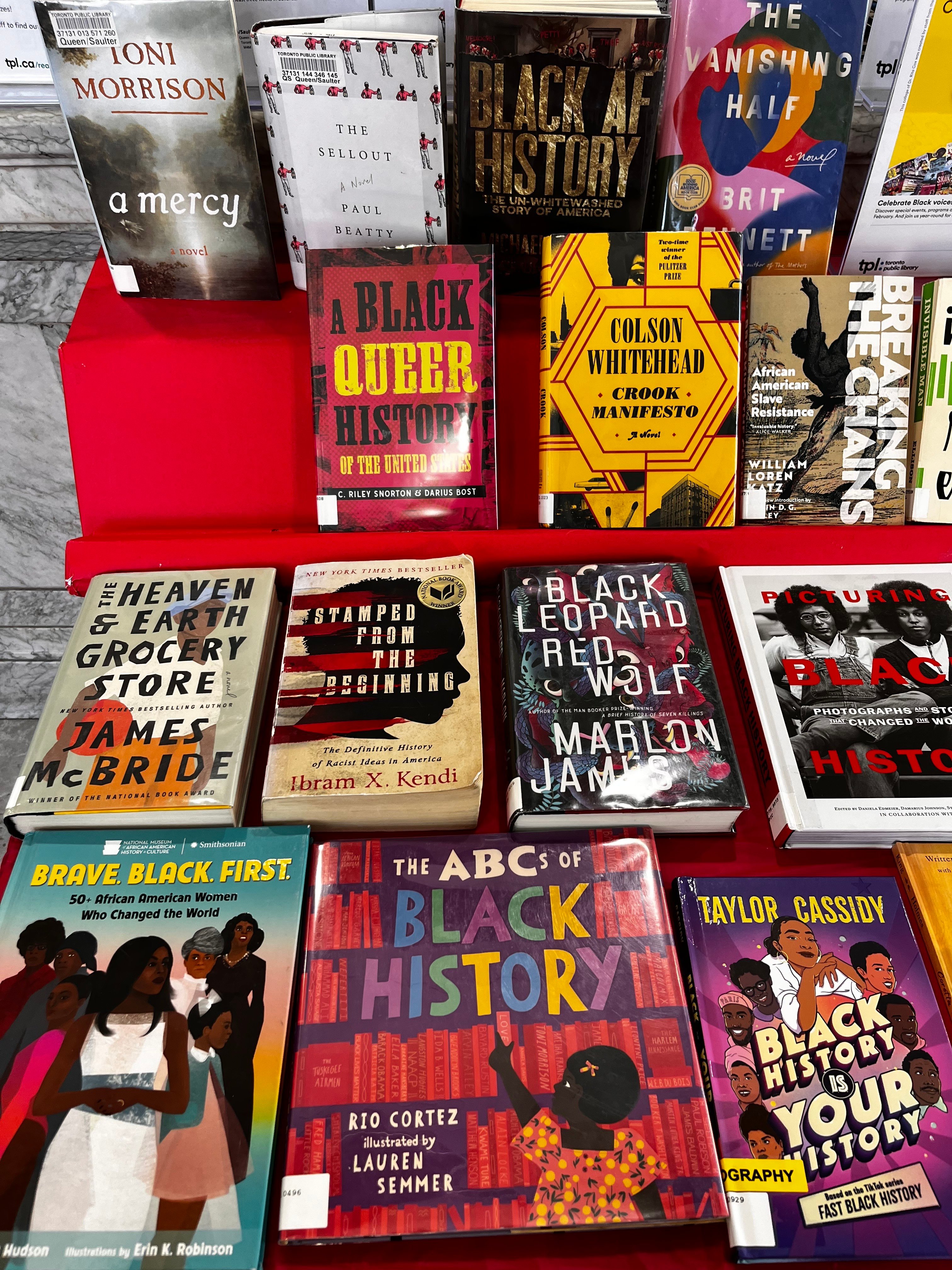
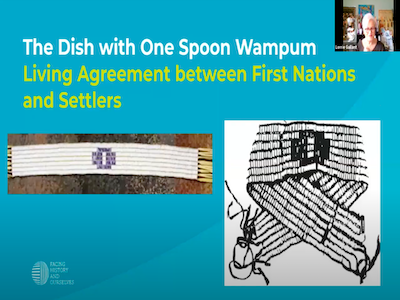
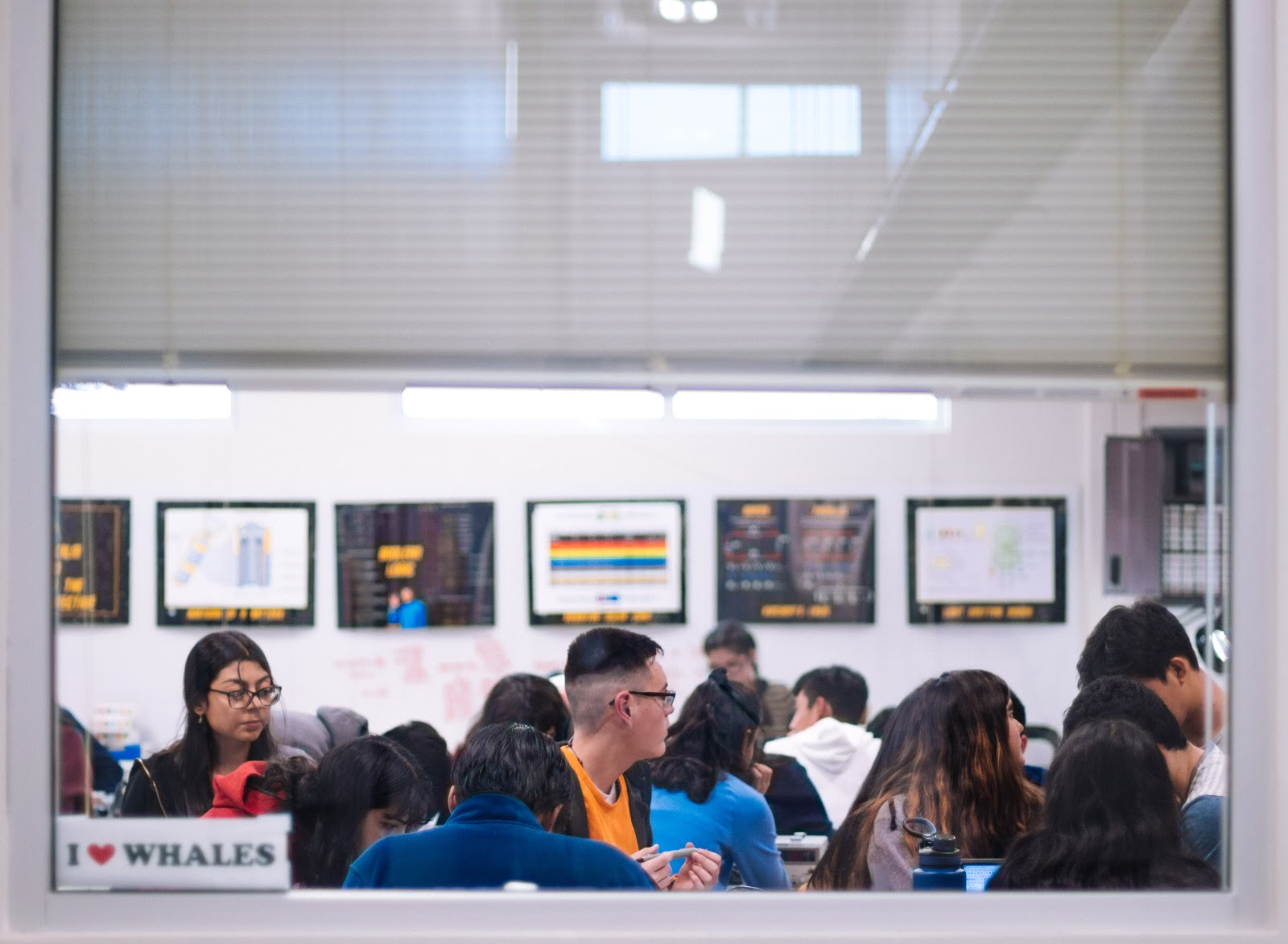
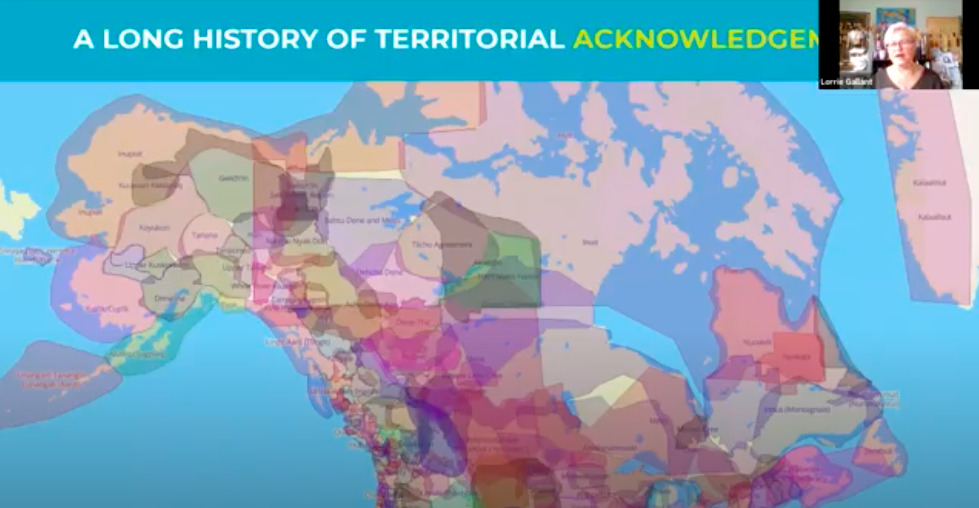
.jpeg)
